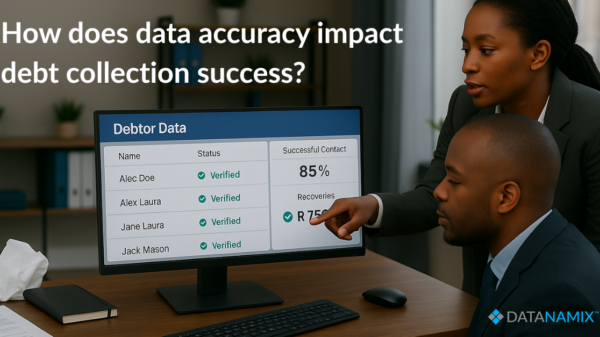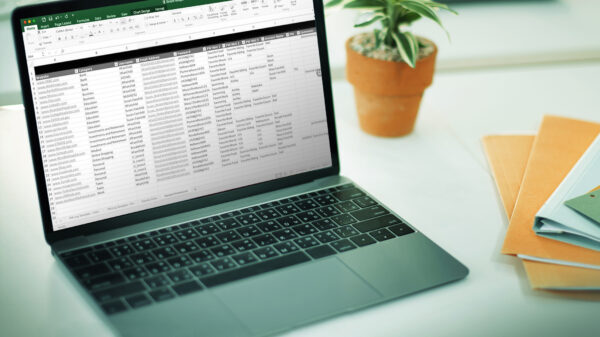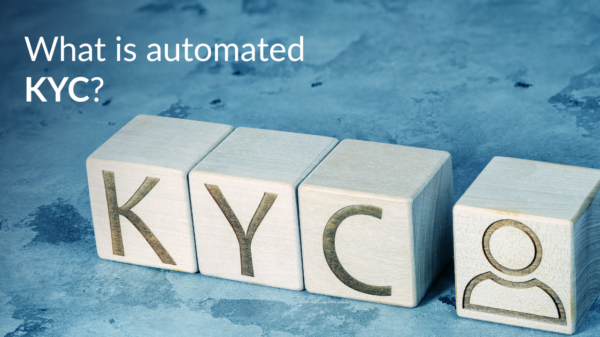Credit reports are essential tools that provide a detailed record of a person or company’s credit history. For businesses, lenders, and even consumers, credit reports serve as a snapshot of financial behaviour and are often used to make informed decisions regarding lending, borrowing, or managing financial risk. At Datanamix, we provide comprehensive credit reports that can empower you with the insights you need.
Whether you’re assessing a potential borrower or monitoring your own financial standing, access to accurate and up-to-date credit reports is crucial for making sound decisions.
What Is a Credit Report?
A credit report is a document that compiles an individual or organisation’s credit activity and current credit status. It includes information such as:
- Payment history
- Amounts owed
- Length of credit history
- New credit inquiries
- Types of credit in use (e.g., revolving accounts, installment loans)
Credit bureaus like Datanamix gather this data from various financial institutions, creditors, and public records. The report then provides a clear, structured view of how responsibly the individual or entity has managed their credit over time.
Types of Credit Reports
1. Personal Credit Report
A personal credit report focuses on an individual’s credit history. It reflects their ability to manage loans, credit cards, and other financial responsibilities. Typically, lenders use these reports to assess a consumer’s creditworthiness when they apply for loans, mortgages, or other forms of credit.
2. Business Credit Report
A business credit report, on the other hand, offers an in-depth analysis of a company’s credit history. It includes information on trade credit, business loans, and credit card usage by the business. Lenders, suppliers, and partners often review these reports to determine if a business is financially stable and reliable for credit agreements.
3. Comprehensive Credit Report
For both individuals and businesses, comprehensive credit reports provide a broader analysis. They combine personal or business financial behavior with public records like bankruptcies, judgments, and lies, giving a more complete picture of one’s financial health.
What Do Credit Reports Do?
Assess Creditworthiness
The primary function of a credit report is to assess whether an individual or business is likely to repay their debts. Lenders review this data to determine the risk of lending money or extending credit to someone.
Offer Insights into Financial Behavior
Credit reports help users identify patterns in credit management. By looking at factors like payment history, debt balances, and the length of credit history, individuals and businesses can assess their financial strengths and areas needing improvement.
Aid in Risk Management
For businesses, credit reports are valuable in managing financial risk. Before extending trade credit or entering into a partnership, companies often use credit reports to ensure their counterpart is financially sound and capable of meeting their obligations.
Provide a Basis for Interest Rates and Loan Approvals
Lenders use credit reports to determine loan terms, including interest rates and repayment schedules. A strong credit report can help borrowers secure better loan conditions, while a weak one may result in higher interest rates or denied applications.
How Credit Reports Help
1. Better Loan and Credit Card Approvals
Having a clear, well-maintained credit report can significantly boost the chances of securing loans or credit cards at favourable terms. By regularly checking their reports, consumers and businesses can ensure their credit is in good standing.
2. Early Detection of Fraud and Errors
Credit reports are also crucial for identifying any unusual activity. Unfamiliar accounts or incorrect information can be signs of identity theft or clerical errors. Monitoring your credit report helps detect and resolve these issues before they escalate.
3. Improved Financial Planning
Credit reports offer a concrete basis for financial decision-making. Whether it’s managing existing debts, preparing to apply for a loan, or entering a new business partnership, understanding your or your company’s credit standing can lead to more strategic financial planning.
4. Enhanced Business Relationships
For businesses, strong credit reports help establish trust with suppliers, lenders, and clients. When your credit history shows reliability and stability, it opens doors to better deals, extended credit, and long-term partnerships.
Conclusion
Credit reports are powerful tools that provide essential insights into an individual’s or business’s financial health. At Datanamix, we offer a range of credit reporting solutions designed to help both consumers and businesses make informed decisions, manage risk, and plan for the future. By understanding and managing your credit report, you can position yourself or your business for better opportunities and financial success.
































